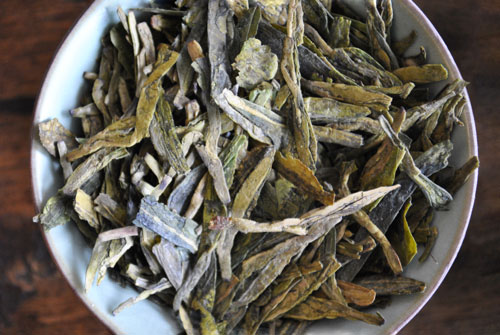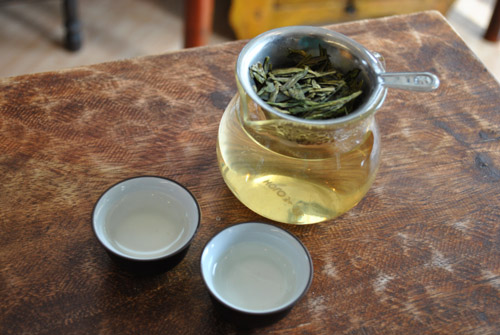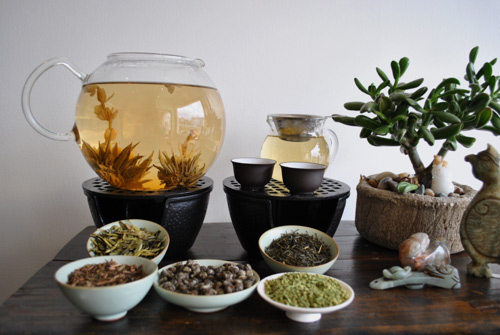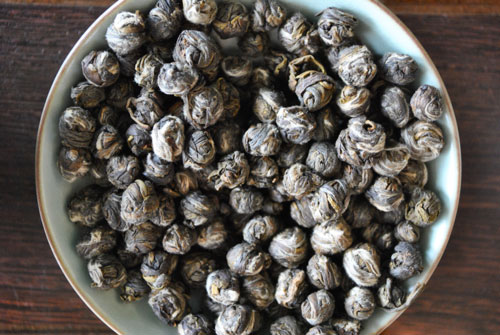TEA EDUCATION
There is a great deal about tea that people don't know. Our team at Arogya and our founder, Wei Huang Bertram, have been studying tea's history, the process that tea undergoes before it reaches your cup, its impact on culture, its health benefits, and every nuance of tea that makes it so great. We'd like to share with you four of our favorite areas of discussion: The Story of Tea, Health Benefits of Tea, Tea Ceremony, and Tea Processing.
Looking for more information on tea? Visit our blog.
The Story of Tea
Tea has a fascinating history that has been interwoven through countless cultures in different ways over many centuries. The medicinal usage of tea goes back before recorded history, while its current consumption remains a fundamental part of many people's everyday life. As the West continues to learn of its subtle prestige, variety of form, fullness of flavor, and health-promoting qualities, tea will continue to play an ever-increasing role in the realms of wellness, ecology, community, business, art, food, and culture.
Tea is classified into six distinct types, although generally, most people are only familiar with four: Green, Oolong, Black, and White. The different types of tea are classified according to the oxidation process and degree of wilting that they undergo during processing. Tea leaf processing affects the flavor, color, and caffeine content of the tea.
Have you ever wondered how one plant (Camellia sinensis) can be crafted into a near infinite number of varieties of tea? Learn how farming methods, cultivars, and terroir influence the final product.
Learn the different methods by which traditional and modern teas are harvested, how the seasons influence the tea we drink, and what “first flush” actually means.
Just like fine wine, certain varieties of tea age beautifully, accentuating or transforming their flavor and increasing their value. While most teas have a shelf life of about a year, specific varieties of white, oolong, and pu’er tea taste even better with time. To be considered “aged,” tea must be at least 5 years old, but it can be aged upwards of 50 years if stored in good condition.
Learn about our unique selection of teas from Arogya Founding Director, Wei Huang Bertram, as she shares the story of Arogya as well as footage from her most recent trip to choose tea during the Spring Harvest.









